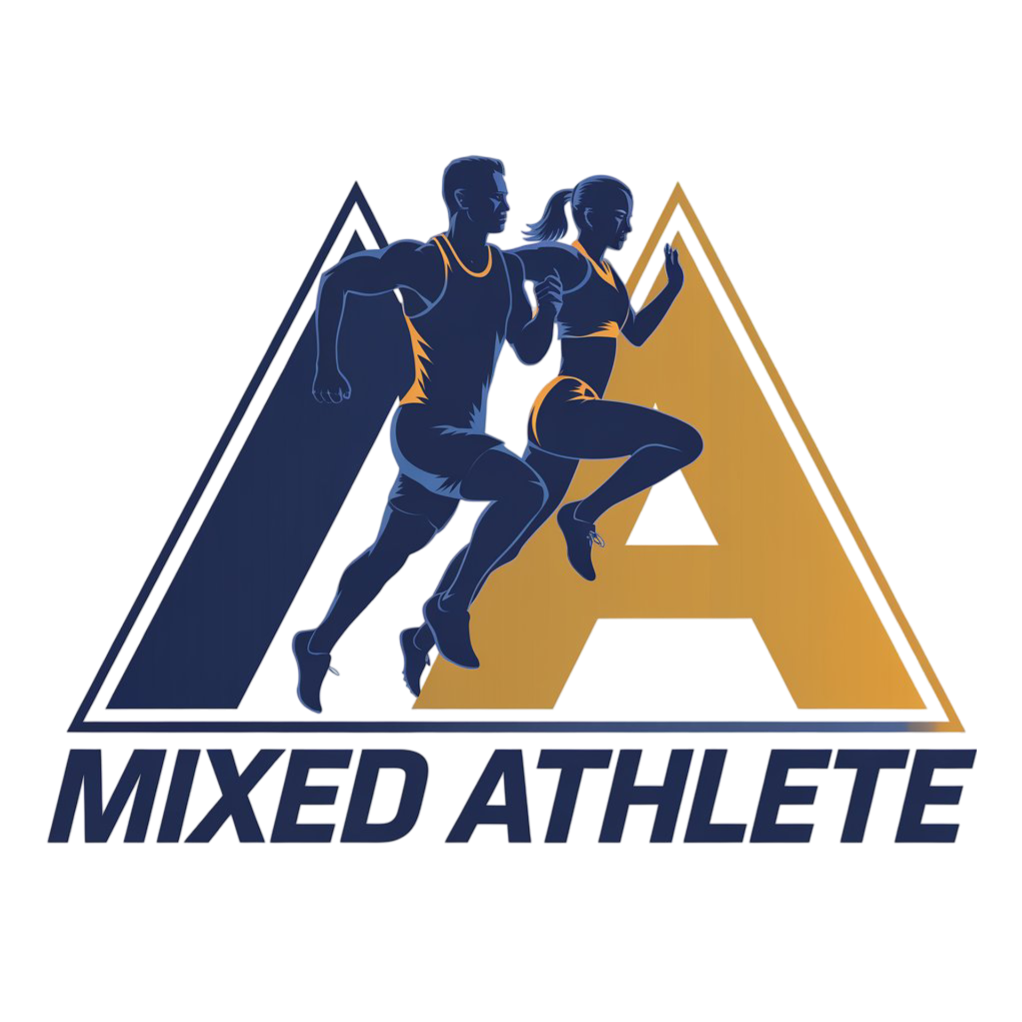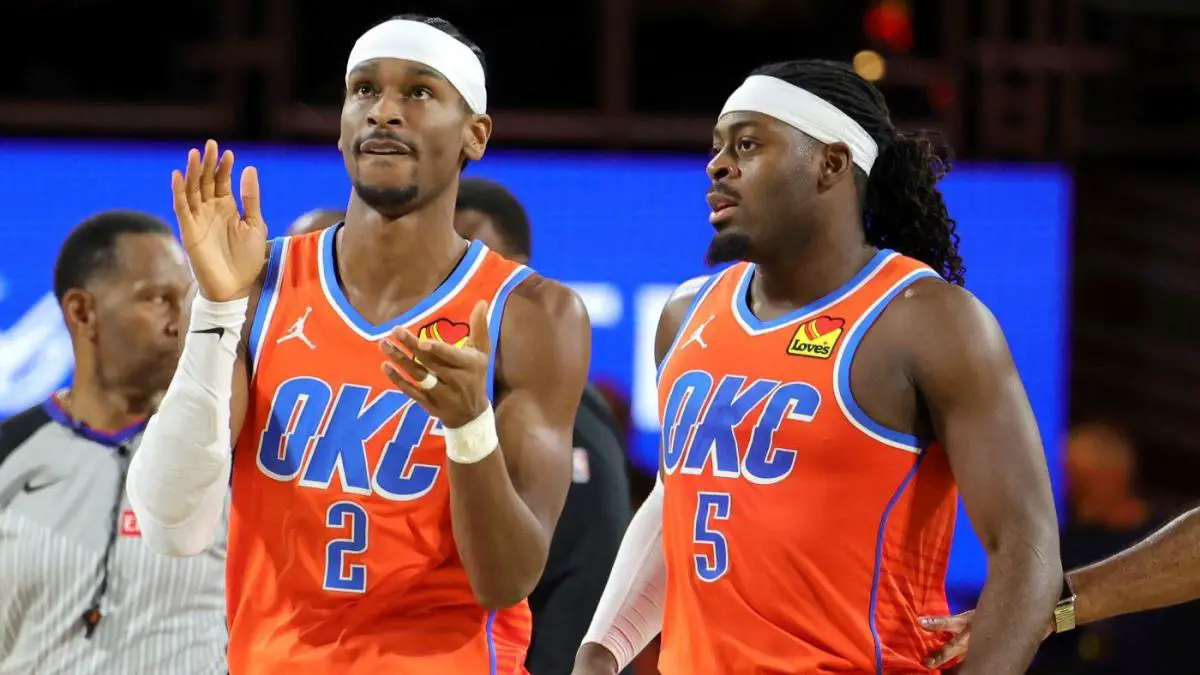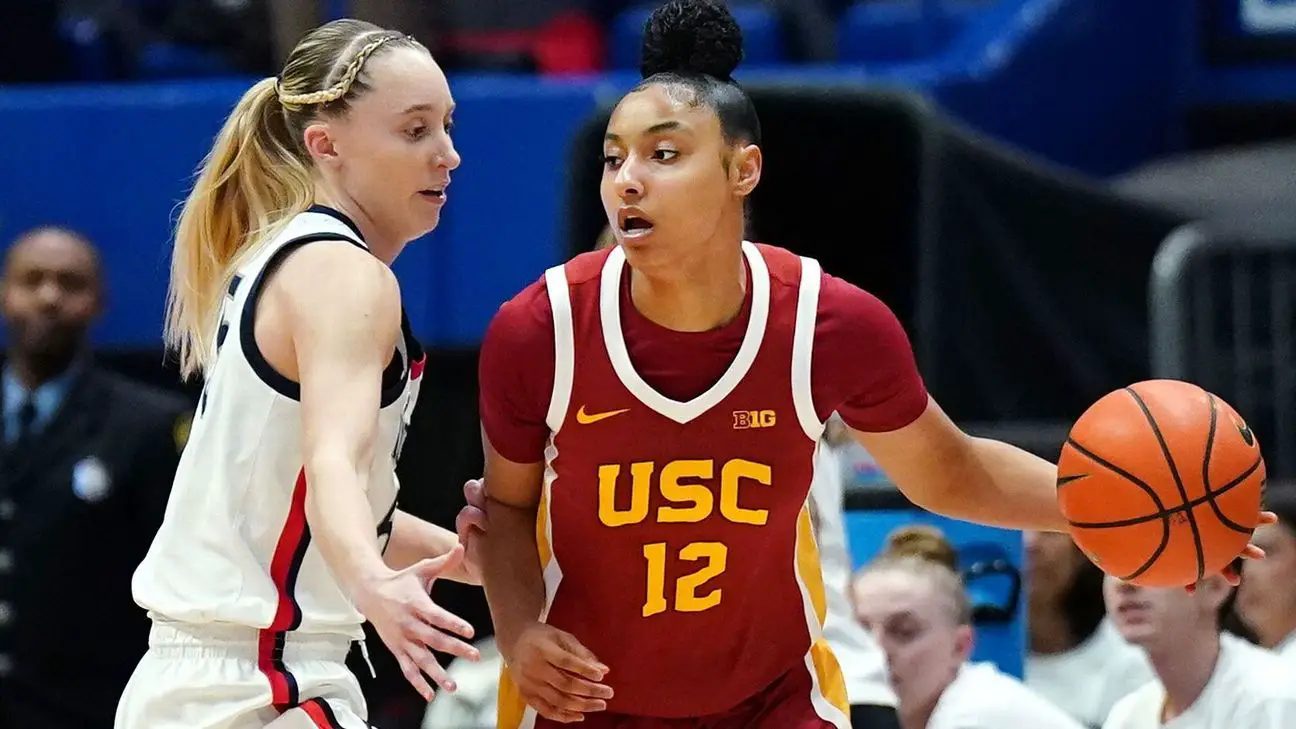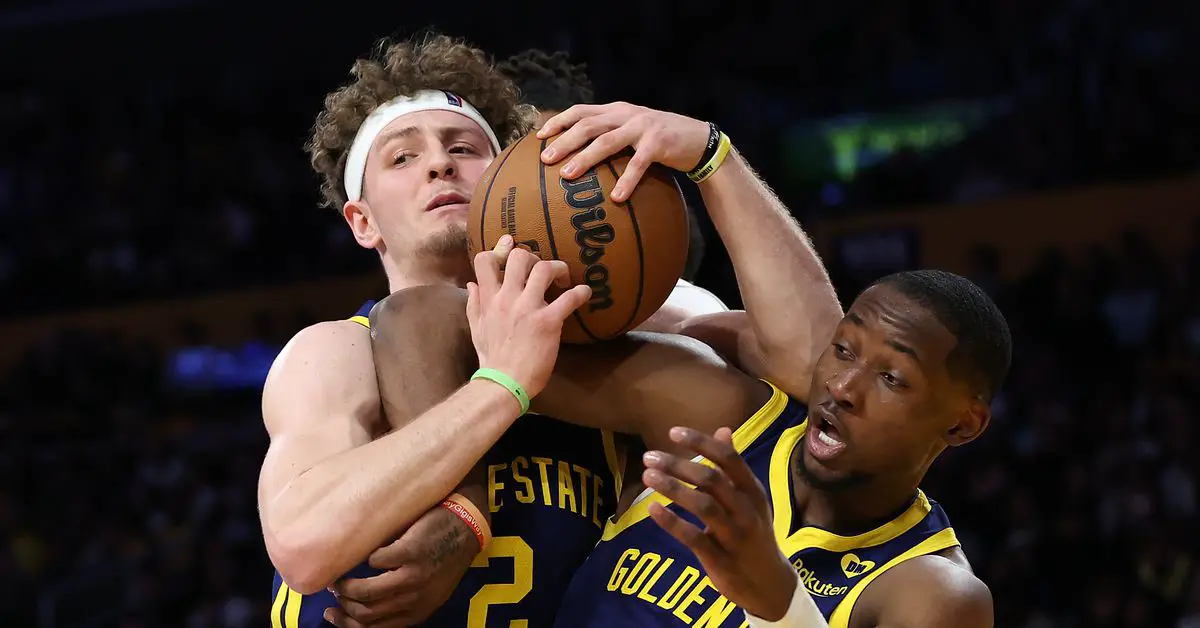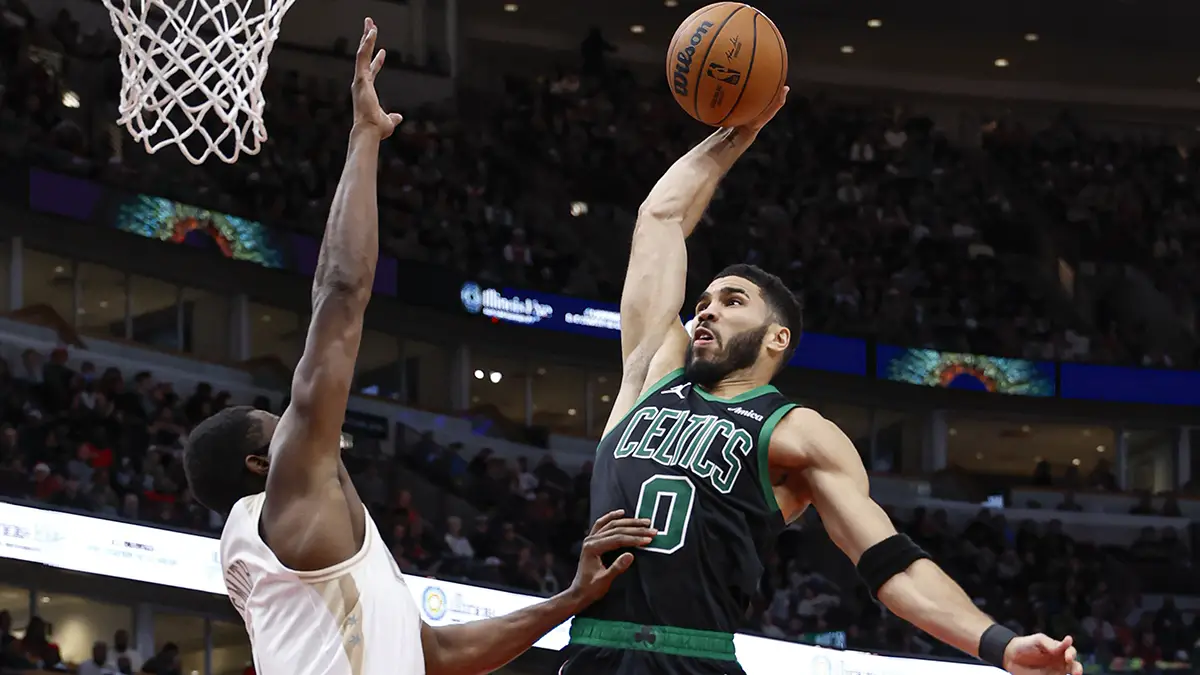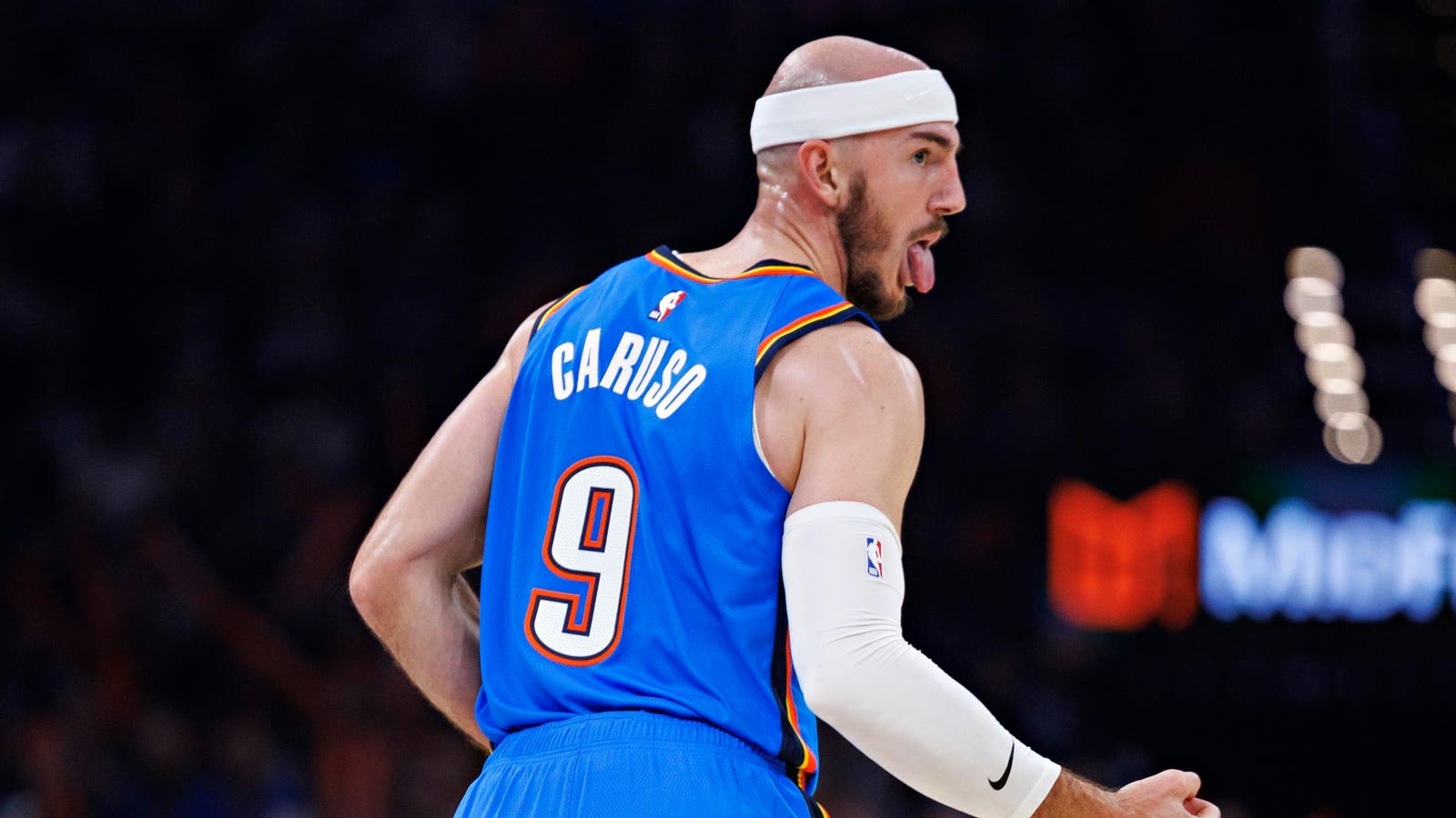The Milwaukee Bucks and the Oklahoma City Thunder will meet in Tuesday’s NBA Cup final, after both teams won their semifinal matchups on Saturday in Las Vegas. The Bucks dispatched the Atlanta Hawks to earn the right to represent the Eastern Conference in the final, while the Thunder took down the Houston Rockets in a matchup of Western Conference powers in the nightcap.
In the first game, Giannis Antetokounmpo and Damian Lillard combined for 55 points as Milwaukee pulled away for a 110-102 win over Atlanta. Antetokounmpo finished one assist shy of a triple-double, posting 32 points, 14 rebounds, nine assists and four blocks. The Bucks have reached the championship game in 2024 after being knocked out in the semifinals of the In-Season Tournament in Vegas a season ago.
Saturday’s second semifinal was a bruising affair between the NBA’s two best defenses, but ultimately the OKC offense broke through in the second half for a 111-96 win, led by 32 points, eight rebounds, six assists and five steals from MVP candidate Shai Gilgeous-Alexander.
OKC’s Isaiah Hartenstein won the big-man battle in a big way with 21 points on 9-of-12 shooting against Alperen Sengun’s 13 points on 6 of 16. Lu Dort also stepped up under the bright lights for OKC, finishing with 19 points, including 5 of 9 from 3-point range. The Rockets were paced by Amen Thompson’s 19 points off the bench.
Tuesday’s NBA Cup final between the Bucks and Rockets will take place at 8:30 p.m. ET in Las Vegas and will air on ABC.
Here’s a pair of takeaways from each of the semifinal games on Saturday, beginning with OKC’s win over Houston.
OKC’s offense the difference
Houston and Oklahoma City are both full of elite defenders, particularly on the wing, and now that the NBA actually allows these marvelous athletes to play defense with a reasonable amount of contact and without fear of bogus flopping whistles, it’s incredibly hard to create offense against either one of them.
And that’s what we saw all through a first half in which the Rockets and Thunder combined to miss 31 of their 37 3-pointers en route to just 82 combined points. Yes, there were some open looks for both teams, but by and large there was very little space with which to work.
OKC and Houston combined for 19 steals. Every dribble anyone took was nerve-wracking. Driving lanes were closed off immediately as swarms of reinforcements arrived on the scene.
But eventually, the offenses got going. And that’s where the Thunder separated. OKC wound up hitting a respectable 45% of its shots including 36% from 3, while the Rockets finished at 36% and 24%, and that’s not because OKC’s defense is necessarily tougher than Houston’s. In fact, I would argue Houston played a tougher brand of defense all night, but OKC has the shot creators and makers that Houston lacks.
With just over seven minutes to play, Houston had managed to keep the deficit at five. Then Gilgeous-Alexander reentered the game and scored six immediate points, first drawing a foul on a 3-point shot and then hitting a nasty step-back 3 from the left wing to stretch OKC’s lead to 11. Jalen Williams then created his own midrange jumper to take the lead to 13.
And that’s the difference. For all the extraordinary defense that was played on both sides, in the end, OKC has dependable and consistently elite offensive players to match its defense. SGA finished with a gaudy stat line, but he only shot 8 of 21. The key was his 14 of 15 from the free-throw line.
That’s an every-night skill that can carry what would otherwise be a rough offensive night for both SGA individually and the Thunder collectively, and Houston doesn’t have anyone who can consistently create that kind of downhill advantage when offense is this hard to come by. That was the story on Saturday: When defense turns to offense, OKC is simply better equipped to score.
Which brings us to …
Rockets need shooting
Houston missed 35 of its 46 3-point attempts on Saturday, and this has been a season-long trend. The only player taking at least 2.5 3-pointers a game who is converting at a rate north of league average is Dillon Brooks, who’s at 37%. Jalen Green, Tari Eason, Fred VanVleet, Reed Sheppard, Amen Thompson and Alperen Sengun are all under 32%.
VanVleet, who is having by far the worst shooting season of his career, was a cringeworthy 1 of 11 from 3 on Saturday. Green was added 1 of 8 for a combined 2 of 19 from Houston’s starting backcourt. Brooks was 4 of 13 and he actually felt like he was halfway hot by comparison.
Rockets general manager Rafael Stone has said he doesn’t anticipate the Rockets making any major moves before the deadline, and that may be the right call. This team is already ahead of schedule and perhaps the play is to let the core continue to develop free of outsized expectations.
At the same time, it really does feel like the Rockets can compete with the big boys in almost every facet. Except shooting. Collectively, Houston ranks 23rd in 3-pointers made per game and 28th in 3-point percentage. It’s an issue. And it showed up in a huge way on Saturday.
Hawks are for real
No, the Hawks did not advance to the NBA Cup Final. But the Pacers didn’t win the NBA Cup last year, either. They were still the In-Season Tournament’s breakout team, and even without winning the whole thing, the Hawks easily went on the most impressive overall run of the tournament. They beat arguably the Eastern Conference’s three best teams — the Celtics, Cavaliers and Knicks –just to get to Vegas. They are 5-1 combined against those teams across the season, and even with this loss, are still 7-2 across their last nine games.
There are obvious kinks to work out. They don’t shoot nearly well enough, for example, and they’re definitely too loose with the ball. But the formula for a very interesting team is clearly on the board here. They have athletes for days. How many wing-desperate teams would love to have De’Andre Hunter? He’s not even starting for the Hawks. Dyson Daniels is a Defensive Player of the Year candidate. Jalen Johnson is a Most Improved Player candidate. And Trae Young, averaging a league-high and career-best 12.2 assists per game, is the perfect point guard to take advantage of all of that size, strength and speed.
The Hawks have found an identity by running in transition and killing opponents near the basket. Is that going to lead them to the NBA championship this season? No. But this is a young team with plenty of room to grow. If the wings start taking and making 3s, or if the front office can just make one clever trade, they’ll really have something here. This is the beginning of what could be a very exciting era of Hawks basketball.
Bucks need a consistent third scorer
Giannis Antetokounmpo and Damian Lillard combined for more than half of Milwaukee’s points on Saturday — 57 out of 110 in total. That isn’t exactly out of the norm for the Bucks this season. The two of them have combined to average more than 60 points in NBA Cup games, and the team’s third-leading scorer overall this season, Bobby Portis, is averaging just 13.2 points per game off of the bench.
The Bucks have gotten by on a variety of factors that feel precarious. They are 10-3 against teams below .500 this season, but only 4-8 against teams above .500. A.J. Green and Taurean Prince are both strong shooters, but they’ve been hotter than the surface of the sun this season. They’re probably going to cool off somewhat. Sometimes Brook Lopez has it. He did against Atlanta. But he’s having the worst offensive season of his career thus far. Khris Middleton is shooting 7-of-27 from the floor in four games thus far this season.
Middleton is their best hope here. He’s still working his way back into game shape after two ankle surgeries. But at least in the limited sample we’ve seen thus far this season, he and Lopez are both starting to look their ages. You can win games here and there with two consistent scorers, but to make the sort of noise the Bucks hope to down the line, they need someone to reliably step up as a No. 3.
